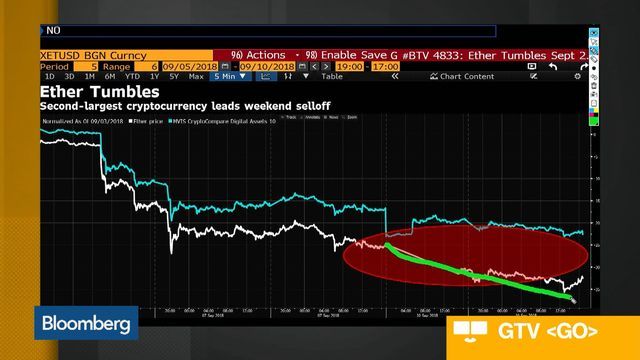Cory is a science fiction author, activist, journalist, co-editor of Boing Boing and the author of many books. We talked to Cory about open source, the open web, internet freedom, his involvement with the EFF, where he began his career, the details he’ll be covering in his keynote at OSCON, and his thoughts on open source today and where developers should be focusing their efforts.
Matched from the episode's transcript 👇
Cory Doctorow: [39:55] There’s two parts to that; the first one is a very practical thing that’s going on right now. As apps gained ascendancy, browsers lost some of their power; they became less significant to technology ecosystems, and this made browser vendors and the World Wide Web Consortium (which standardizes browsers) pretty desperate. In 2013, the W3C decided to add DRM to the core set of HTML standards for HTML 5, and something called encrypted media extensions. What these mean is that for the first time ever, the person who runs a website will be allowed to tell your user agent, your browser, how it must perform, how it must render content and whether it can render content. That’s never been the case; this is why ad blockers and pop-up blockers work, but also why I have bad low contrast vision, and when I get to gray on white type, I turn on a thing that turns the gray type black. All of that stuff only exists because users are able to configure their user agents to display the web in the way that’s convenient to them, and so what this is doing is it’s setting up this regime where it’s a felony to change the way your browser is configured, if that conflicts with the interest of the people who serve the content to your browser.
We have proposed to the W3C that it should take its existing policies and extend them to cover DRM. Right now the W3C, if you join, you have to promise not to use your software patents to attack people who want to employ W3C standards. The W3C’s position on patents is that standards are more open if you don’t need to license a patent to implement them, and so they have this policy. We’re saying, “Okay, well there’s this new right, the right to tell people how their browsers must work, that you’re creating by doing this DRM standardization. Surely, a standard is more open if you don’t need someone’s permission to implement it, because of DRM, just as surely as it is with patents. You should have the same policy for patents”. So that’s coming up for a vote very shortly.
We’ve been joined by some pretty significant parties there, the browser vendor Brave is in with us, so is the Royal National Institute for the Blind and Oxford University. They’ve all signed on, along with most of the crypto-currency and Blockchain companies that are W3C members, because as cryptographers, they are like “Yeah, of course people should be allowed to report vulnerabilities in browsers.” It’s a terrible policy to say that companies get to decide who can report vulnerabilities. That’s a thing that’s live and underway, and if you work for a W3C member, you should talk to your rep about supporting us there, because that is coming up any day now.







